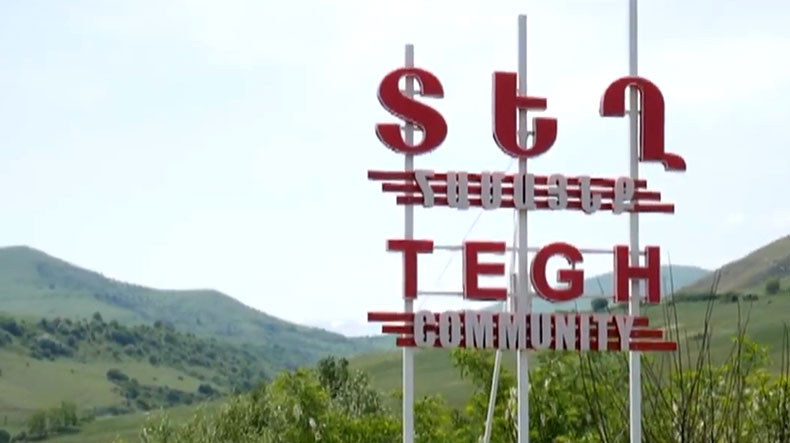
Armenia’s Tegh community left without pastures, 70% of livestock sold
After the handover of Artsakh regions to Azerbaijan, 6 out of 7 rural settlements in the enlarged Tegh community of Armenia’s Syunik Province are becoming bordering areas. Currently, construction work and fortification of positions are underway in these areas.
“The people, along with units of the Defense Army, are trying to reinforce their positions so that we can stand firm on our land. It is our sacred duty to keep our defensive positions intact. How else? If we sit idly by, who will defend our posts?” head of the community Nerses Shadunts said in an interview to Panorama.am.
According to him, all residents have joined their efforts to defend their posts.
Tegh community is home to 5,600 people. Its total administrative area comprises 15,000 hectares. The community head gave his assurances that despite the existing problems, no one wants to leave their homes.
The residents of community are mainly engaged in animal husbandry. To graze animals, the inhabitants of Tegh used to reach the Jebrayil district in Artsakh.
"We used to raise 60,000 sheep in a community, where are we going to keep them now? In the five-year economic development plan, we have outlined risk points in case of territorial changes. And that is what has already happened. The pastures which were used for grazing of our animals are now under their [Azerbaijani] control,” Shadunts said.
But the problem has already been resolved, the community head said, adding people have sold 70% of their livestock. There are no other pasture lands in the community, he said.
“Our people did not save up fodder, they thought that they would continue to raise livestock on pastures. Nothing was predicted. People are not to blame for this,” he said.
Shadunts called for new proposals and strategy with a focus on greenhouses.
“We need to come up with something else, specialists and institutions should start working on it. We have nowhere to go from our lands. In fact, we have no such intention,” Shadunts said.
No new program has yet been discussed with state structures, he added.
Newsfeed
Videos






























